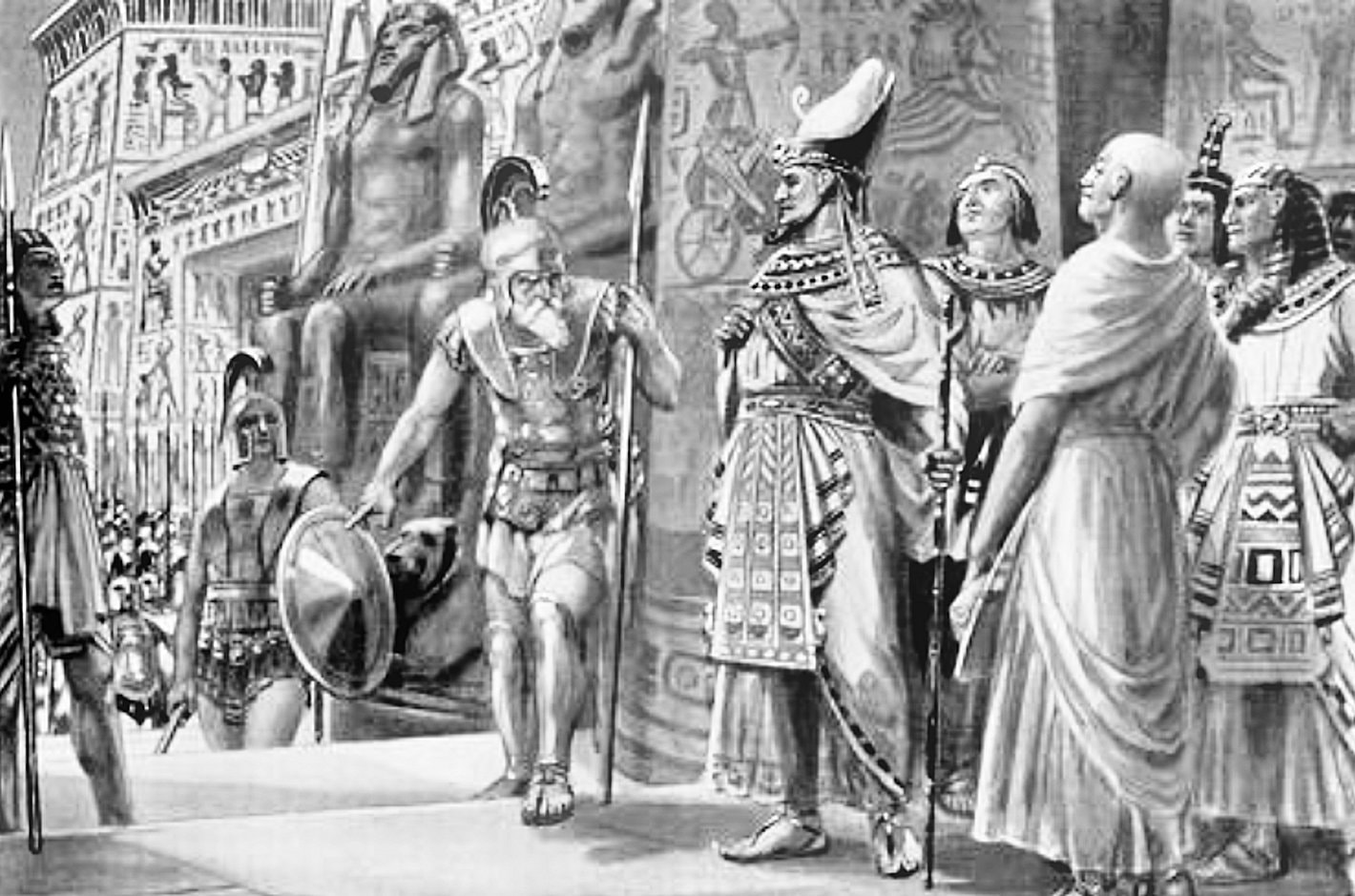
ADVERTISEMENT - CONTINUE READING BELOW
Was Spartan Infanticide a Myth?
Plutarch’s Life of Lycurgus popularized the notion of Spartan eugenics, whereby the state decided whether newborns were healthy enough to rear, or not. The goal was to produce strong warriors to maintain Sparta’s military dominance. To that end, the Spartan state involved itself in the selection of parents for their physical and mental traits. The authorities decided which newborns to keep, and the state was involved in the upbringing of children, who were raised in brutally tough boarding schools, to ensure their development in accordance with Spartan ideals. Thousands of years later, a eugenics movement arose, and had its heyday in the late nineteenth and first half of the twentieth centuries. Modern eugenicists looked back at history, and filled with admiration for Spartan manliness and hardihood, figured that the ancient Spartans were on to something. However, what if Spartan infanticide as a matter of state policy is just a myth?
The only evidence for widespread Spartan infanticide is a single passage from the Life of Lycurgus. Plutarch wrote hundreds of years after Lycurgus had died. Moreover, he was more concerned with biographical details about his subject’s life, than with details about Sparta as a whole. Additionally, there are many examples of ancient Greeks who were reared despite birth deformities. Their numbers even include a Spartan king, Agesilaus II (444 – 360 BC), who was born lame. Despite that deformity, he was not exposed, and instead grew up to become a formidable warrior. Of course, the absence of (additional) evidence of Spartan infanticide is not evidence of absence. It could well be that Sparta did practice eugenics, as described by Plutarch, but that there were some exceptions to the rule. The debate continues.

